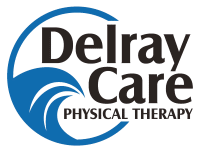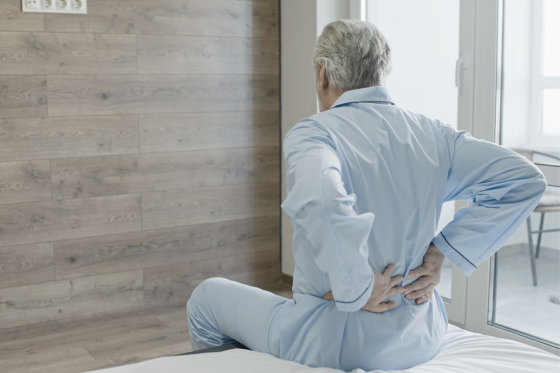Imagine planning a day out with your grandchildren, looking forward to a leisurely walk in the park, or packing for that dream vacation, only to be sidelined by debilitating back pain.
For those living with severe spinal stenosis, such scenarios are all too common.
Pain and discomfort can dramatically reduce walking and standing tolerance, with relief coming only when sitting.
This isn’t just a minor inconvenience; it’s a condition that can affect every aspect of your life.
What is Spinal Stenosis?
Spinal stenosis occurs when the spaces within your spine narrow, putting pressure on the nerves that travel through the spine.
This condition is commonly caused by wear-and-tear changes in the spine related to osteoarthritis.
In severe cases, this narrowing can cause significant nerve pain, numbness, and even motor problems.
What is Considered Severe Spinal Stenosis?
Severe spinal stenosis is characterized by more than just occasional pain or discomfort.
It involves chronic, intense pain that interferes with daily activities, significant numbness or weakness in the legs or buttocks, and impaired bladder or bowel control.
These symptoms can be crippling, requiring more than just occasional treatment.
Choosing the right treatment for spinal stenosis is crucial not only for managing symptoms but also for improving your overall quality of life.
The goal is to alleviate pain, restore function, and maintain as much independence as possible.
Treatment Options: Conservative Management Techniques
When tackling spinal stenosis, conservative management is often the first line of defense, offering various non-surgical ways to alleviate symptoms and improve quality of life.
Here’s a deeper look into the key components of conservative management:
Physical Therapy
Physical therapy is pivotal in managing spinal stenosis.
As a physical therapist, I develop customized exercise programs aimed at strengthening the muscles that support your spine, increasing flexibility, and improving posture.
These exercises help stabilize your spinal condition and can significantly reduce the pressure on your nerves, thereby easing pain and discomfort.
Techniques such as stretching, strengthening, and aerobic conditioning can be particularly effective, tailored to each individual’s physical capabilities and limitations.
Medication
To manage pain and inflammation, nonsteroidal anti-inflammatory drugs (NSAIDs) are frequently recommended.
These medications can reduce swelling around the spinal nerves, offering relief from pain.
For more severe cases, corticosteroid injections might be used.
Lifestyle Modifications
Adjusting your daily activities and environment plays a crucial role in managing spinal stenosis.
We focus on ergonomic corrections and activity modifications to avoid actions that may exacerbate your condition.
For instance, learning proper body mechanics can prevent unnecessary stress on your spine, while maintaining a healthy weight can reduce pressure on the spine and joints.
Invasive Treatments
When conservative treatments aren’t enough, surgery might be the next step:
- Indications for Surgery: Surgery is considered when conservative measures fail to relieve symptoms, or if symptoms worsen significantly.
- Types of Surgical Procedures: Common procedures include laminectomy, foraminotomy, and in some cases, spinal fusion. These surgeries aim to relieve pressure on the spinal nerves by creating more space within the spinal canal.
- Risks and Benefits: While surgery can offer substantial relief, it comes with its risks such as infection, nerve damage, or a failure to relieve symptoms. The benefits, however, can be life-changing for those who are good candidates.
- Recovery Process: Recovery varies by individual and type of surgery, involving physical therapy, pain management, and gradual return to activities.
Your Next Step To Active Lifestyle
If you’re battling with the daily challenges of severe spinal stenosis, don’t resign yourself to a life of pain and limited mobility.
Take action today. A FREE stenosis assessment at our clinic can be your first step towards reclaiming your life.
Our expert team uses a hands-on approach to diagnose and create personalized treatment plans.
Call us now at (561) 562-8561 to schedule your free assessment.
Let’s work together to find the right treatment path for you, whether it’s through conservative management or exploring surgical options.
With the right care and support, you can maintain your independence and continue enjoying the life you love.
For More Information towards Pain Free Life
Read our Blog: How To Sleep With Lower Back Pain
Read Or Blog: Mastering Mobility: Rotator Cuff Physical Therapy Exercises
Follow us on social media to get lots more free advice, expert tips, and strategies to reduce your pain!

